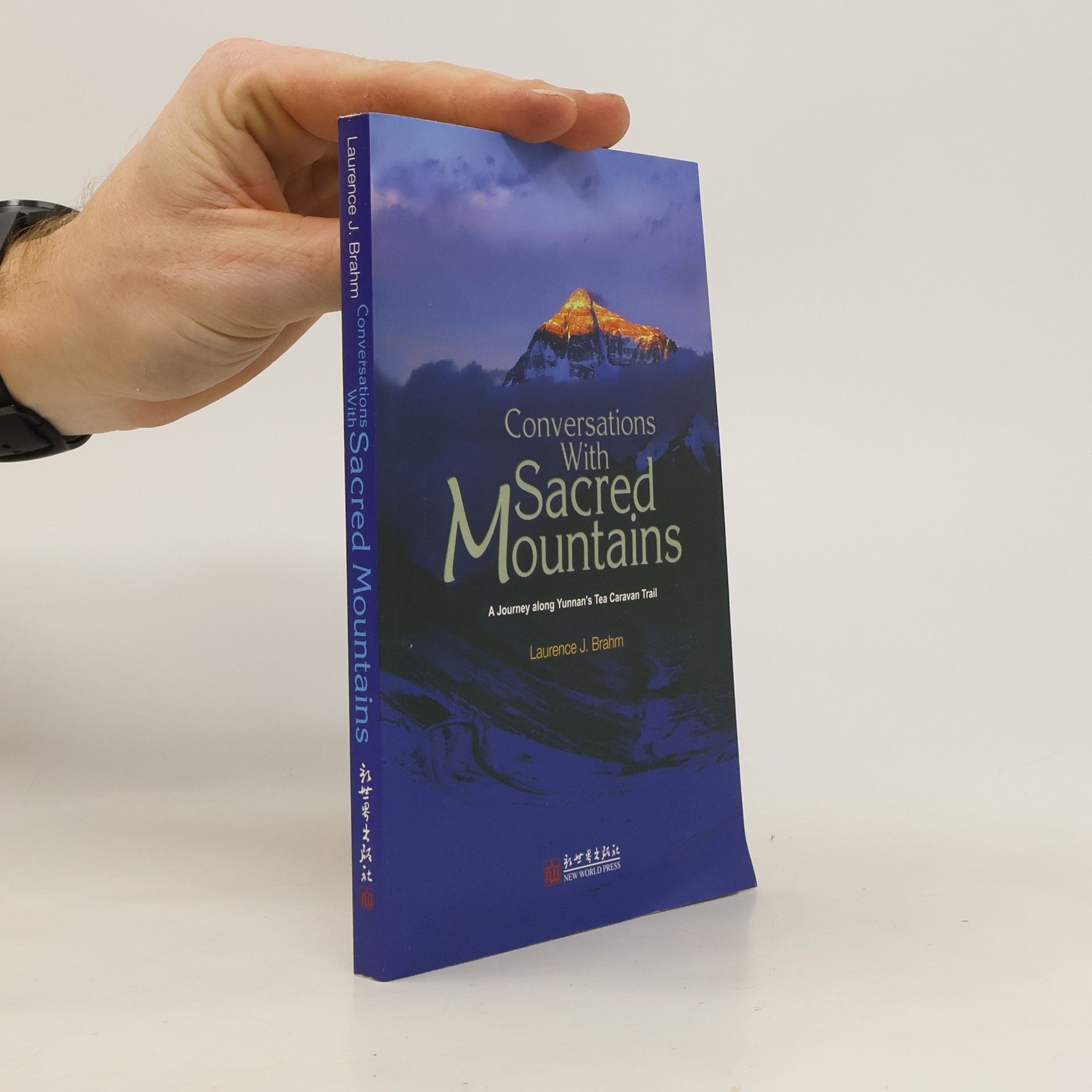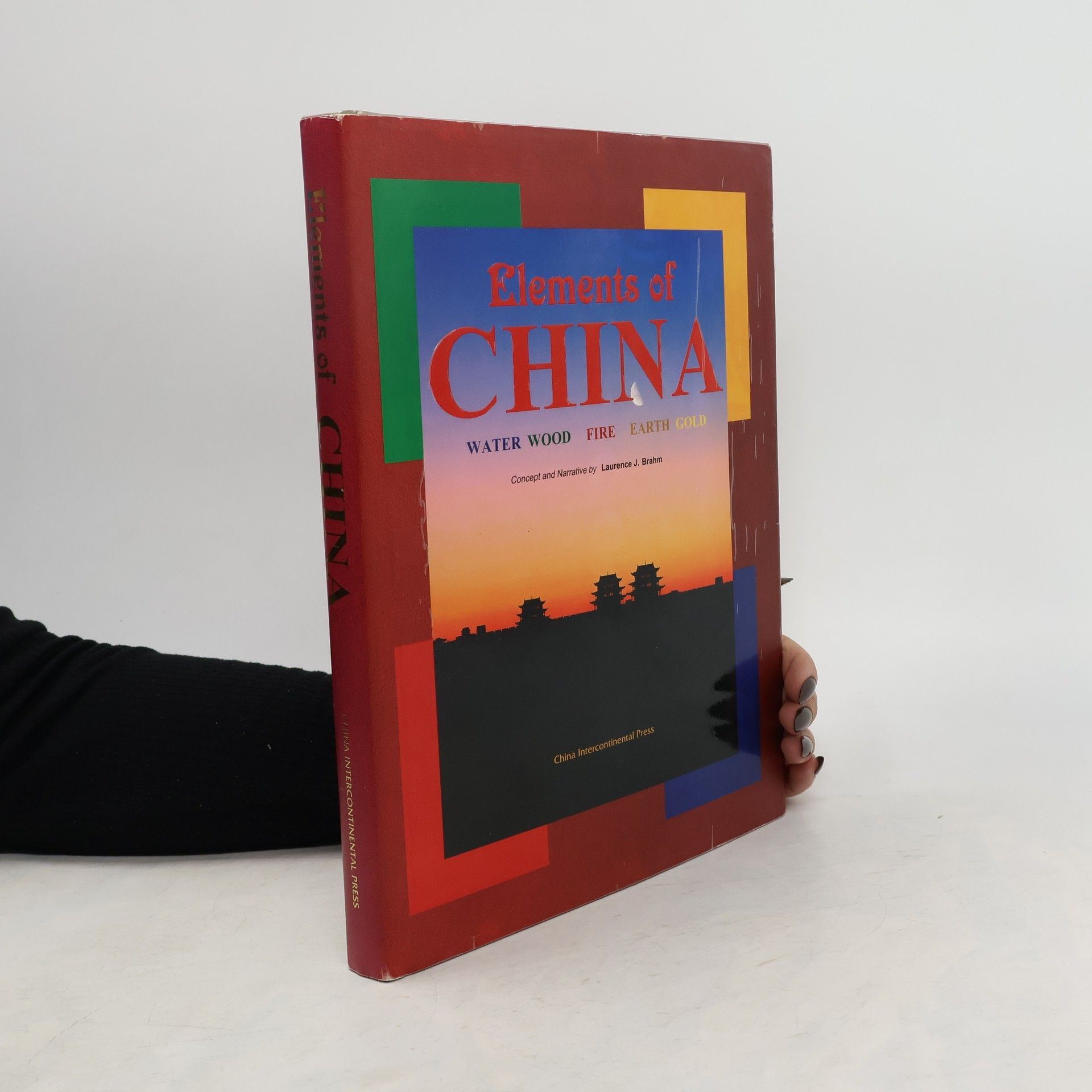Understanding the present and forecasting the future requires a thorough grasp of historical causal effects. The book delves into the intricate connections between past events and current realities, offering insights into how history shapes our present circumstances and influences future outcomes. Through this exploration, readers are encouraged to reflect on the lessons of the past to better navigate the complexities of the present and anticipate what lies ahead.
Laurence J. Brahm Book order (chronological)
Laurence J. Brahm is a global activist and author advocating for a fresh development paradigm known as The Himalayan Consensus. This approach champions empowering people with local pragmatism over sweeping globalized ideology and theory. Brahm's focus on localized solutions reflects his deep understanding of the dynamics between globalization and local perspectives. His work prompts reflection on sustainable and human-centered development pathways.
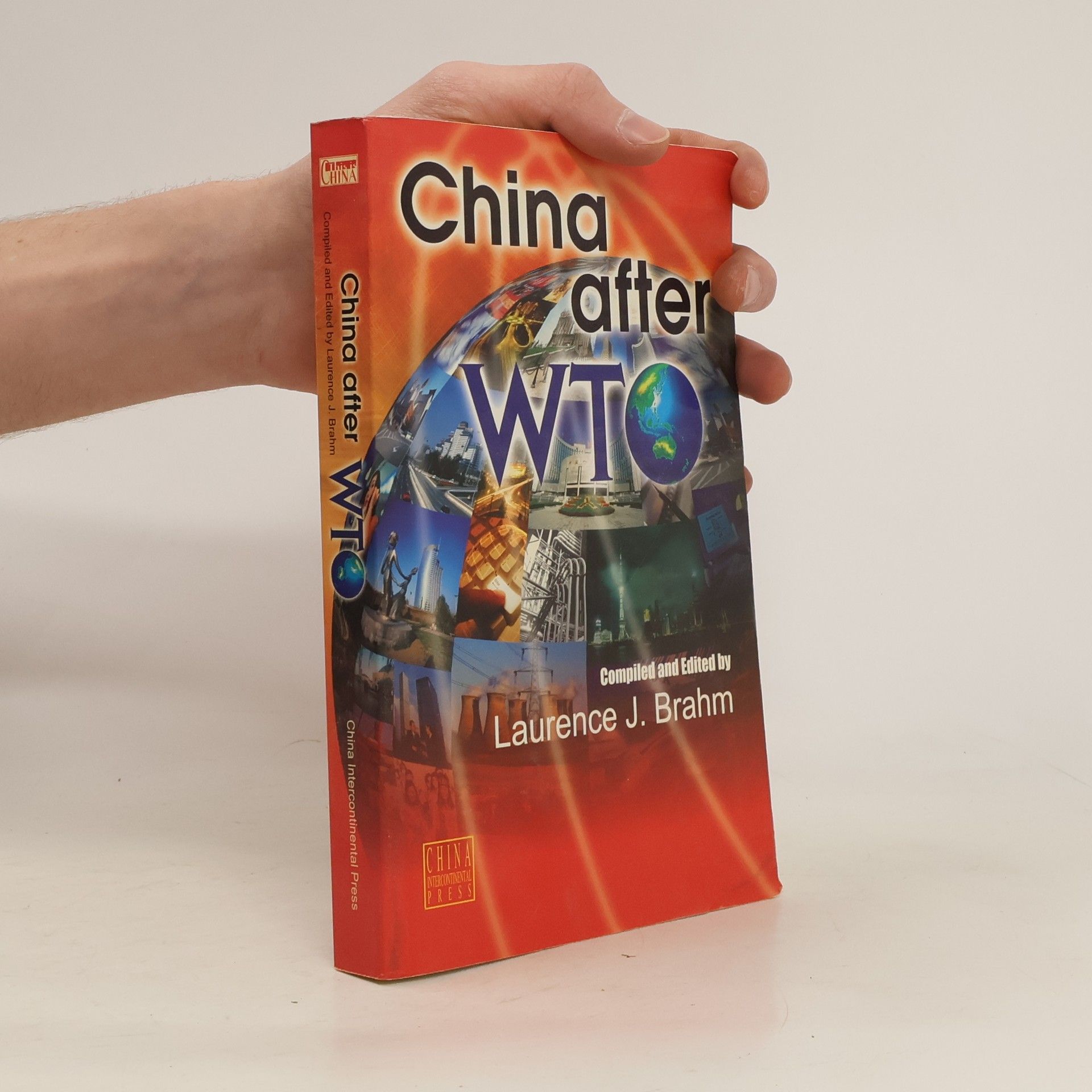
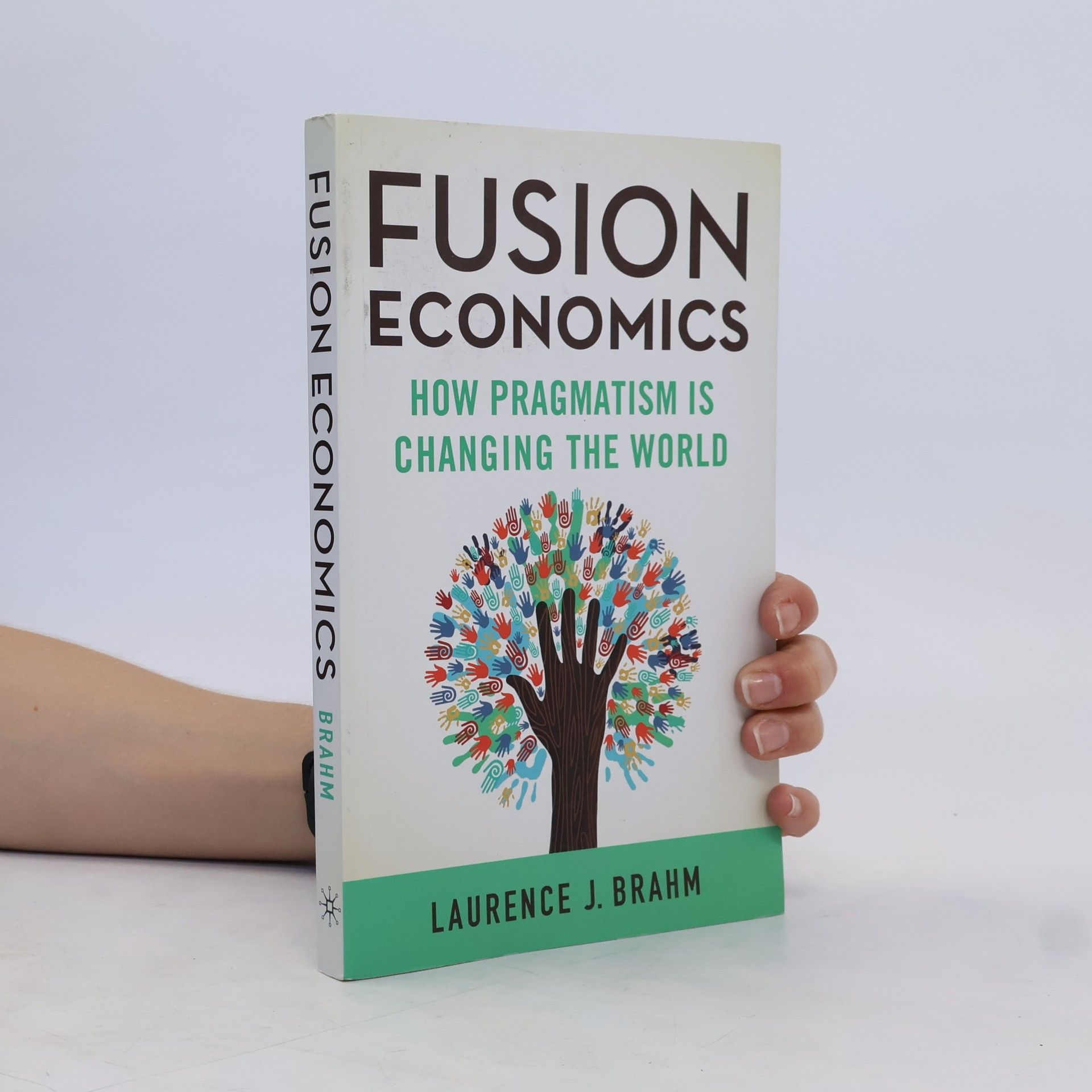

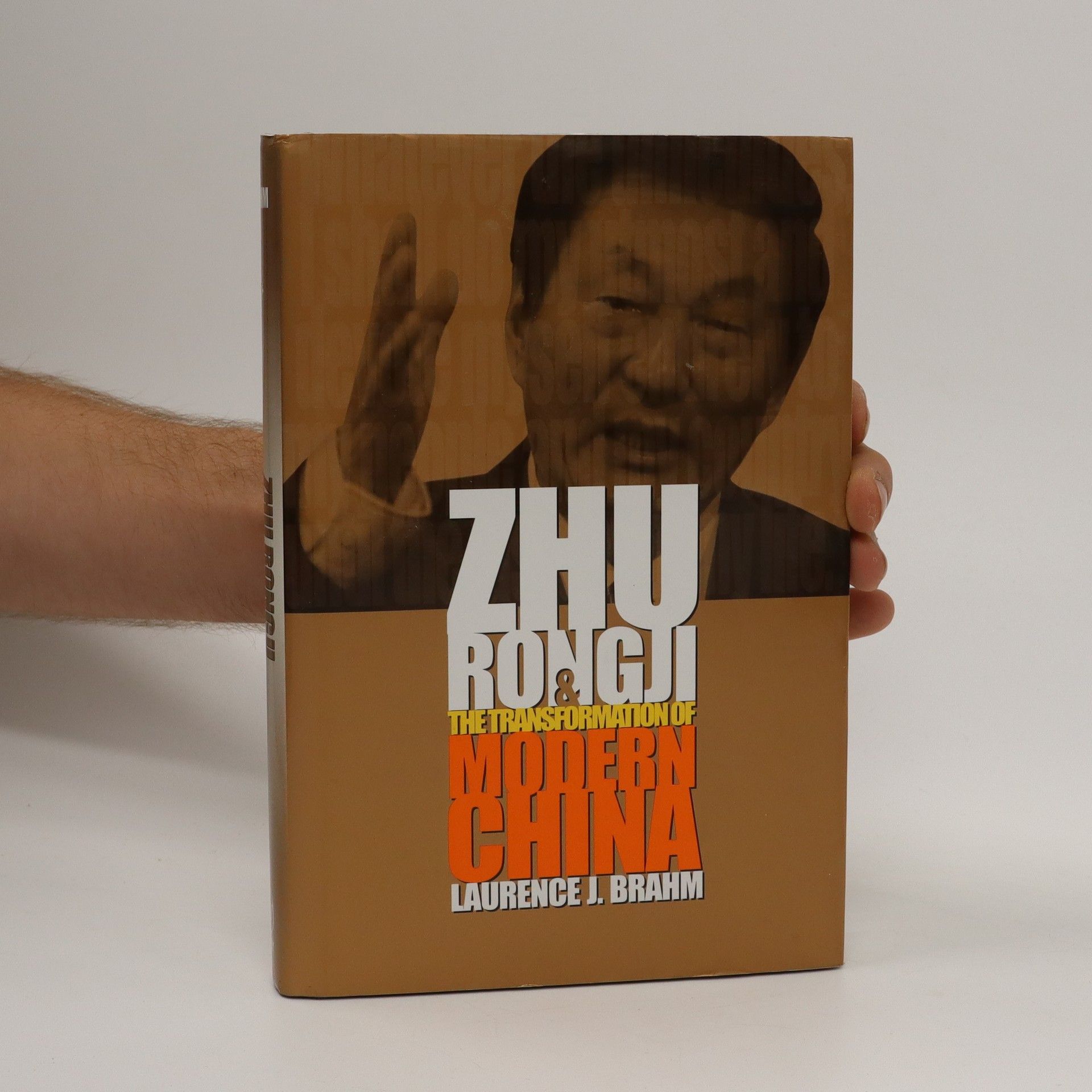


A Time for Shambhala
Pandemic, Capital Collapse, and Recoding a New Planet Paradigm
- 370 pages
- 13 hours of reading
The narrative explores the profound impact of a global pandemic, highlighting the vulnerabilities in economic and financial systems as lockdowns lead to supply chain disruptions and business shutdowns. It examines the resulting capital market collapse and the onset of a global depression, shedding light on the fragility of structures that were previously considered stable. This timely analysis prompts reflection on the consequences of taking economic systems for granted.
Conversations with Sacred Mountains
- 256 pages
- 9 hours of reading
Inspired by James Hilton's 1933 novel Lost Horizon, Laurence Brahm went in search of the mystical realm of Shangri-la, traveling along the ancient Tea Caravan Trail in Yunnan Province of southwest China. Starting in the capital city of Kunming, Braham traveled from Dali to Lijiang through Yi to Lago Lake and to Zhongdian and Deqin and the sacred Kawagebo Mountain. Each region has its own culture and ethnic tradition and is trying to preserve the old way of life while adapting to the economic realities of modern life and tourism. Along the way, Laurence met various individuals#8212including the famous Chinese dancer Yang Liping#8212and learned of a movement of conscious people fighting against the onslaught of modernism to preserve their cultures and identities. They shared with him stories about the misty mountains that stand majestically in this land 'south of the clouds,' and explained how such mountains are sacred to all who live in these regions.
Searching for Shangri-La
- 264 pages
- 10 hours of reading
In 2002, author, filmmaker, and economist Laurence Brahm, inspired by James Hilton's novel Lost Horizon and his own quest for meaning, began his search for Shangri-la. Some say that Shangri-la can be found in sacred Tibet, or maybe in wild Qinghai; others believe it can be found in artistic Yunnan in the southwest of China. The author discovered the spiritual truth that Shangri-la is not a place; rather, it is a state of mind. As Brahm hitchhiked through western China, well off the beaten track, he recorded the interior changes and illuminations he experienced as his consciousness expanded far beyond the everyday cares of his years of urban life in Beijing. The insights of his journey and his meetings with others who searched for their own versions of Shangri-la, helped him to understand that the archetypal goal he sought was actually a state of consciousness. Shangri-la may be found in a cup of caf� latte or yak-butter tea#8212if we search carefully enough and with mindfulness and compassion. Searching for Shangri-la is the first book of the Himalayan Trilogy . The reader will discover the need for fresh economic paradigms that call for compassionate capital, the empowerment of people, and prioritization of the environment. Spirituality can be more powerful than materialism. The need for sustainability has rarely been so beautifully and eloquently defended.
Shambhala Sutra
- 272 pages
- 10 hours of reading
Following the Shambhala Sutra an ancient manuscript written by Penchen Lama over two hundred years ago Laurence Brahm started his journey to Shambhala in Lhasa and continued deep into the harsh regions of Tibet. Shambhala Sutra presents Brahm s expedition across western Tibet s Ngari region where he learned that the ancient sutra was actually a metaphorical guidebook. He traces a route embedded with riddles through deserts and mountains. The lessons learned from this journey (as told in the sutra as a prophecy) are that shortsighted greed, war, and failure to protect our environment will cause kingdoms and empires to vanish. Mankind s future depends on ensuring a sustainable planet through more holistic economics, empowering communities and people, and preserving our environment. These are the messages hidden in the Shambhala Sutra. "
The current international financial system has created a huge gap between the wealthy and the rest. Grounded and straightforward in his approach, Brahm calls for a turn away from economic systems dangerously steeped in ideology and stymied by politics, outlining a new global consensus based on pragmatism, common sense, and grass-roots realities.
Conversations with Sacred Mountains
A Journey along Yunnan's Tea Caravan Trail
This book comprises articles written by CEOs and chief representatives of foreign commercial organizations in China. They predict changes to China¡¦s law, accounting, finance and information fields in relation to its WTO accession, and give personal impressions gained from engaging in commercial activities in China. The book is appended with economical data, charts and sample contracts and can, therefore, also be used as a guide to business investment.
Elements Of China
- 200 pages
- 7 hours of reading
Book by Laurence J. Brahm
Zhu Rongji and the transformation of modern China
- 228 pages
- 8 hours of reading
China's astonishing transformation from a centrally planned to a market economy was one of the most remarkable stories of the twentieth century. It has set the stage for what many see as a period of unparalleled future growth. During this spell of delicate and risk-fraught economic transition, one defining figure stands out as the true driving force - Zhu Rongji.A remarkable visionary, Zhu has consistently refused to follow the conventional wisdom of established economics. Instead, he has developed a unique approach for a unique situation. Author Laurence Brahm tells the inside story of Zhu's rise to power, the political obstacles that he has overcome and the policies that he has engineered to set China on a new path. While other developing countries such as Russia, have floundered badly, China continues to excite the world with its phenomenal growth. Brahm skillfully argues that Zhu's policies of managed marketization deserve international recognition as a new economic model for both developing and transitional economies.In Zhu Rongji and the Transformation of Modern China, Laurence Brahm provides a fascinating inside account of the man dubbed an "economic czar" by many western commentators. This is the untold story of Zhu and his strategies, and the key events that have shaped China into a modern nation and economic powerhouse.
